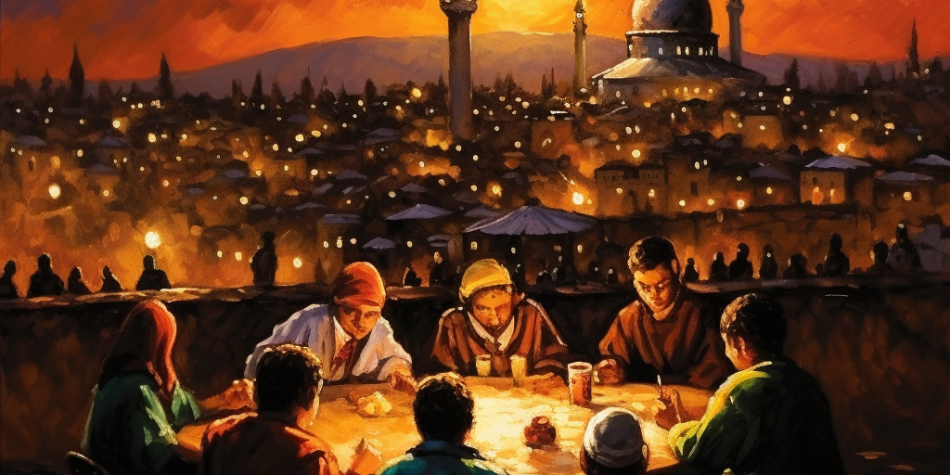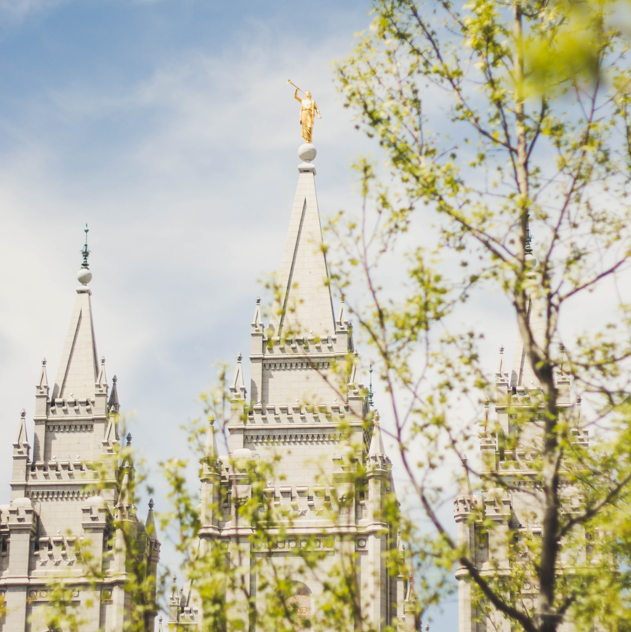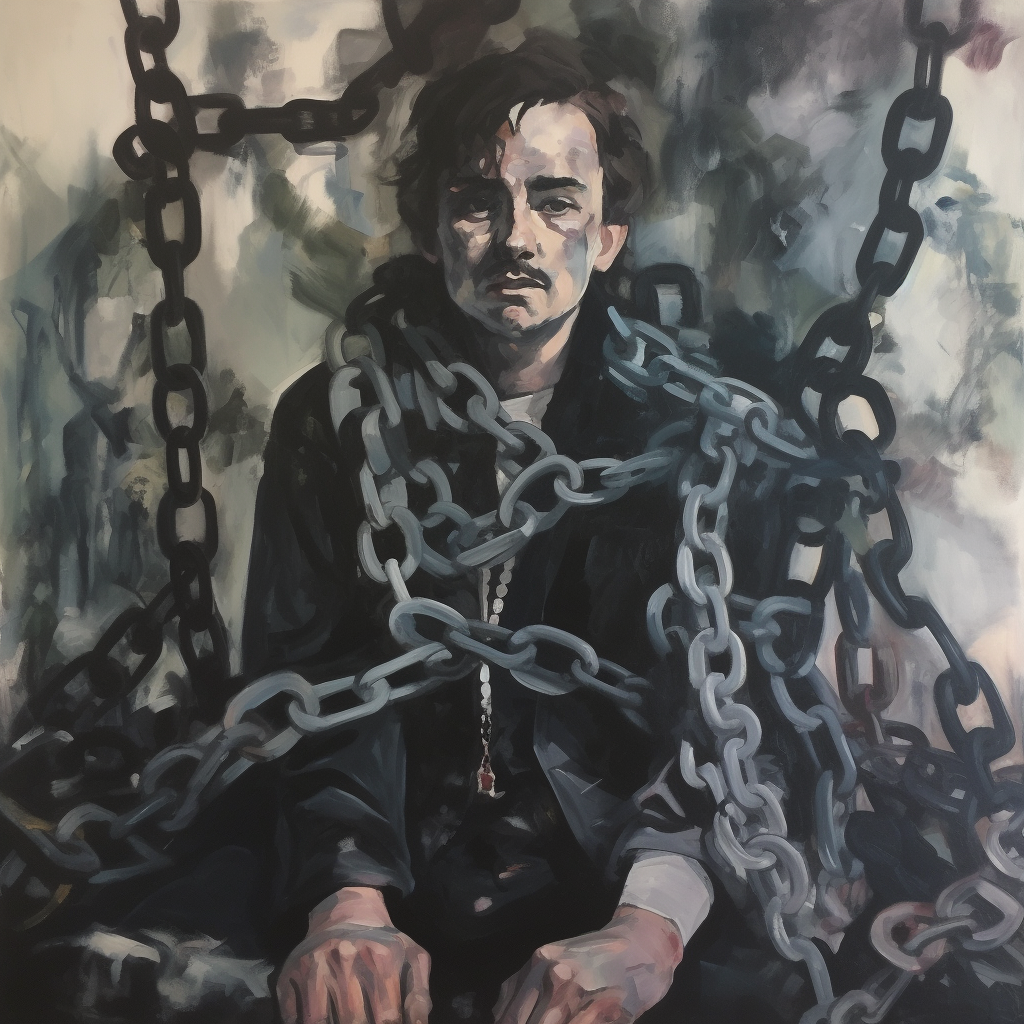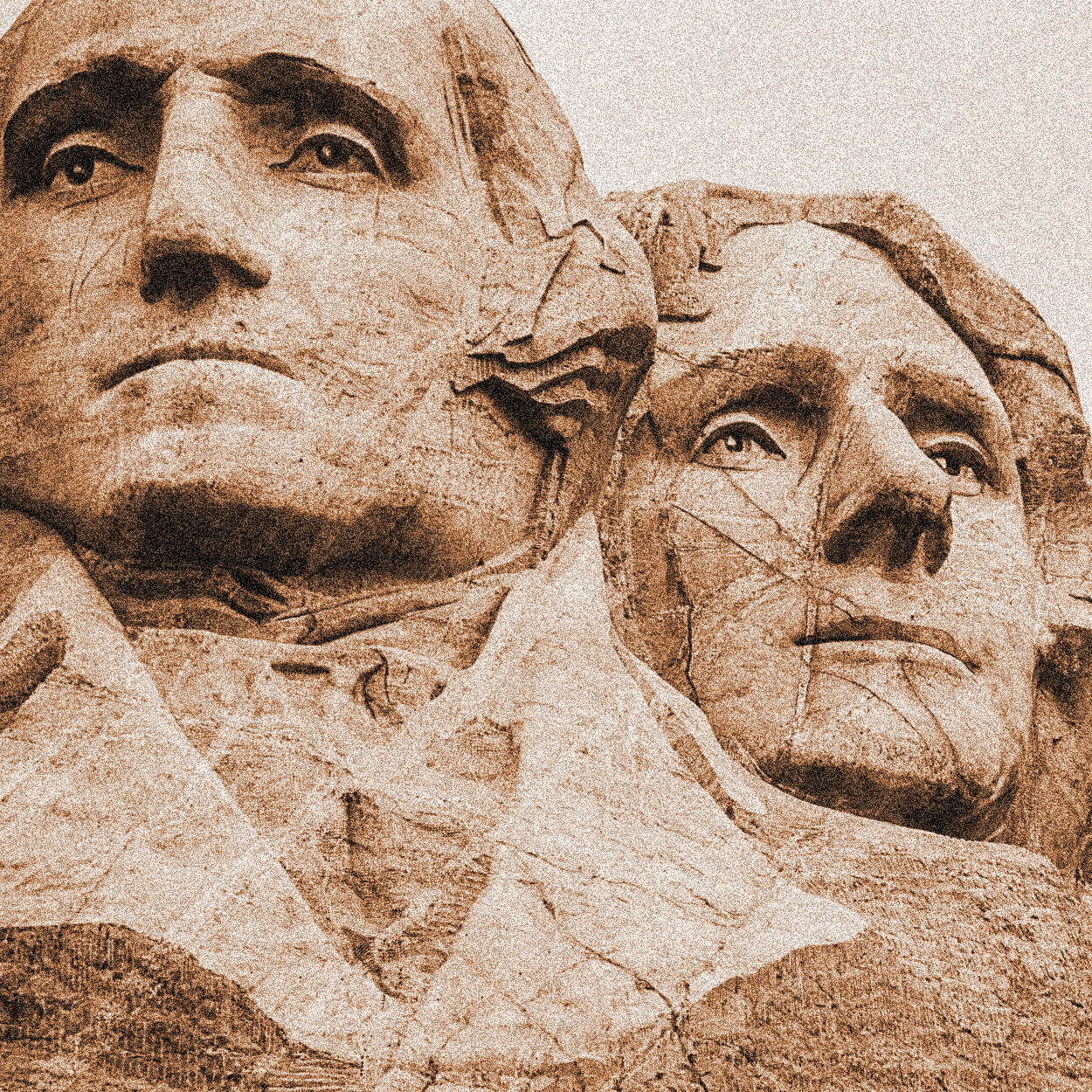Our family lived in Jerusalem for eight years. During that time, we developed precious friendships with both Israelis and Palestinians. We also witnessed first-hand the initial Palestinian Intifada (uprising) and the first Gulf War, during which we suffered through weeks of missile attacks from Iraq. Israel is a tiny country about the size of New Jersey, now with about 9.5 million citizens, about 20% of whom are of Arab descent. In 2021, nearly 5 million Palestinians lived in the West Bank and Gaza, and there are many in diaspora, some of whom would like to return.
Since Israel is so tiny, every violent incursion is an existential threat. So, every young Israeli, male or female (even now, many of the exempt ultra-religious), is conscripted for military service and serves in the military reserves until s/he ages out.
Riding a wave of post-Holocaust sympathy and bolstered by a Zionist movement that had been growing steadily since the late 19th century, the State of Israel was established in 1948 through the United Nations, which proposed partitioning an area previously under British control into Jewish and Arab areas. There were already Jews and Arabs there with no formal group identity, just ethnic and religious identities. Jews were immigrating. World War II refugees were mostly not wanted in other areas of the world. They were looking for the possibility of safety after the genocide against them was almost entirely accomplished. Jews also fled persecution in Middle Eastern countries as artificial lines were drawn on maps, and power struggles and national politics ensued. The Jews accepted the partition proposal, but Arab states surrounding Israel immediately declared war. Every violent incursion is an existential threat.
Israel has been in some state of war ever since, often attacked by alliances of powerful Arab armies by whom they are surrounded. The term “Israeli occupation” was born of the fact that they somehow kept winning. The Six-Day War in 1967 resulted in Israeli control of the Sinai Peninsula, Gaza, the West Bank, Jerusalem, and the Golan Heights. In bids for peace, they returned the Sinai to Egypt, never formally annexed the West Bank, and eventually evacuated Gaza. They left the Temple Mount in Jerusalem under the management of the Arab waqf and kept Jews from worshipping there. However, Israeli occupation and control have been criticized as a mixed bag of oppression and failed policies. Palestinians live in a constant state of limbo. Opportunities and freedoms are limited, and Israeli treatment of them is fed as much by fear and loathing as by security concerns.
In addition, Palestinians have been ill-served by their leaders. A lot of money goes into Palestine, especially from Europe, but because of rife corruption at the top, everyday Palestinians see little of it. Intimidation by Hamas and the Palestinian Authority (PA) can make everyday living like walking on a tightrope. We learned of a tailor in Bethlehem who had a few employees with sewing machines. The Israelis demanded a tax, which, if not paid, would cause them to close down the business. The Palestinian Authority warned him that if he paid the tax, they would destroy his business for cooperating with Israel. Meanwhile, members of the PA had nicer everything.
And in Gaza, “Hamas consistently will make sure to expropriate all little wealth that reaches this little strip of land and use it for tunnels, weapon acquisition, training suicide militants. … The thing that horrified me when I first started seeing the pictures is Gaza is going to be flattened for this …They’re basically sentencing their kin, the people whose freedom they’re supposedly fighting for. They’re condemning them for months, if not years of horror.”
Two Jews, Three Opinions
This is a saying you hear often on the streets of Jerusalem. You cannot say “the Jews” did this or “the Israelis” did that. There are a myriad of ideas and viewpoints, and many genuinely care about the welfare of Palestinians. Israelis and Palestinians had much more daily interaction when we lived there. Now, Palestinians who have encountered Israelis may only have interacted with soldiers or police. On both sides, there are bigotries and stereotyping. Two things are very important to understand when watching current events unfold.
The first thing is that the Gazans self-selected Hamas to lead them through a democratic process. Hamas was founded in 1987 during the first Intifada in Gaza. Sunni Muslim, it is associated with the Muslim Brotherhood in Egypt. (Since Iran is mostly Shi’a Muslim, its support for Hamas is recent.) It has the aim of annihilating Israel, which means killing everyone or pushing them into the sea. Over the years, It has been responsible for many suicide bombings and deadly attacks on civilians and Israeli soldiers, and Israelis live under a constant threat of rockets falling from the sky. As you are now witnessing, these attacks are barbaric, and no civilian is safe, not even babies or the elderly. The US State Department designated Hamas as a terrorist group in 1997. The European Union and other countries of the West have done the same. Hamas is supported by Iran and Hezbollah in Lebanon and had help from Islamic Jihad for this attack. Approximately 52% of Gazans and 42% of West Bank Palestinians support Hamas. It is in Iran’s best interest to keep the Abraham Accords from moving forward, especially now that its arch-enemy, Saudi Arabia, is joining the detent with Israel. Some political analysts have suggested that the timing of this attack has more to do with the regional rivalry between Saudi Arabia and Iran than it does with Israel and the Palestinians.
Whatever the reason, over 1,400 Israelis are dead, mostly civilians, and at least 199 have been taken hostage. This ruthless attack included 270 mostly young people at the Supernova peace concert in the southern Israeli desert. The attack included robbery, rape, murder, burning people alive, beheading, and kidnapping, followed by rejoicing over the carnage.
Hemming in the Palestinians
The second thing is that Palestinian territory and autonomy keep shrinking. Obviously, Israel needs to protect itself. It has built huge walls that hem in Palestinians. Even if allowed, it is difficult for them to get from place to place in the West Bank. Gaza is possibly the largest modern ghetto in the world and the checkpoints to Israel and Egypt are not always open to everyone. It is 2.2 million people crowded into 140 square miles (just double the size of Washington, DC). There is a gate and checkpoint to exit into Egypt and a way to get into Israel for those allowed in for work or medical care, but those checkpoints are closed at times. Israel controls the utilities and right now is leaving electricity on for about 3 hours a day and says it will not restore utilities until the hostages are safely released. Israel is constantly monitoring Gaza, which makes this huge attack even more of an intelligence failure. Terrorists are constantly digging tunnels to move equipment or stage attacks.
Bibi Netanyahu’s far-right government has ignored Israel’s promise to stop building settlements in the West Bank. Radical Zionist settlers establish villages deep into Palestinian areas and stage illegal attacks against them that are only sometimes punished. The squeeze makes the phrase “Israeli occupation” more viable and popular. Although most nations seem to support Israel after this attack, anti-semitic aggressions are happening everywhere right now, and the Israeli government’s constant capitulation to and coalitions with hard-line religious political groups do not help its cause. For the time being, Israel still has friends.
Another heard-on-the-street-in-Israel: “Palestinians never miss an opportunity to miss an opportunity.” Jews have spent eons compromising to find a modicum of freedom and safety. They are creative and malleable at the negotiating table. But Palestinians are part of a collectivist, honor/shame culture where compromise makes one lose face. They tend to be intransigent at the political negotiating table. Over time, they have lost opportunities for peace repeatedly. In the past, Arab states and groups such as the Organization of Islamic Countries (OIC) have used the Israeli Occupation Issue and Palestinian blood as mortar for blocks of regional alliances. The Abraham Accords shattered that norm, bringing Israel politically closer to Bahrain, UAE, Morocco, Sudan, and Saudi Arabia—leaving Palesitians feeling abandoned by traditional supporters and increasingly vulnerable to Iranian influence, which it exerts without pause.
Where We Are at This Moment
Over 100 innocent Israeli hostages are hidden somewhere in Gaza, with the threat of murder attached to Israeli retaliation. Israel needs to destroy Hamas. Israel always warns civilians before it attacks. They want to engage terrorists, not civilians. This time they didn’t, except to say, “Everyone get out of the way.” There really isn’t anywhere for Gazans to go. Hamas installs its military operations in civilian neighborhoods so more Palestinians will die (martyrs for the cause) than Israelis during battles. It’s good PR and makes the Israelis look more evil. Hopefully, innocent Gazans will know where these installations are and move away from them.
Is This Armageddon?
No. The Book of Revelation says ALL nations will come against Israel during the final war:
For they are spirits of demons, performing signs, which go out to the kings of the whole world, to gather them together for the war of the great day of God, the Almighty. And they gathered them together to the place which in Hebrew is called Har-Magedon (Revelation 16:14-16–NASB).
For the time being, Israel still has friends.
That said, especially in the U.N., America has often been Israel’s only ally. That may change due to the Abraham Accords and as youth in America age into power. On many college campuses, they are signing petitions of loyalty to the Palestinian cause and blaming Israel for any negative outcomes, including the slaughter of innocent Israelis at the hands of terrorists.
A Personal Plea
Please pray for EVERYONE in this conflict. As Latter-day Saints, we need to be pro-people, pro-compassion, and pro-peace—whatever our political leanings. Every person affected by this conflict is a son, a daughter, a mother, a father, a sister, and a brother. Beyond thoughts and prayers, let our prayers guide our thoughts towards a more peaceful future and finding a way to live together as God’s children on earth.

















